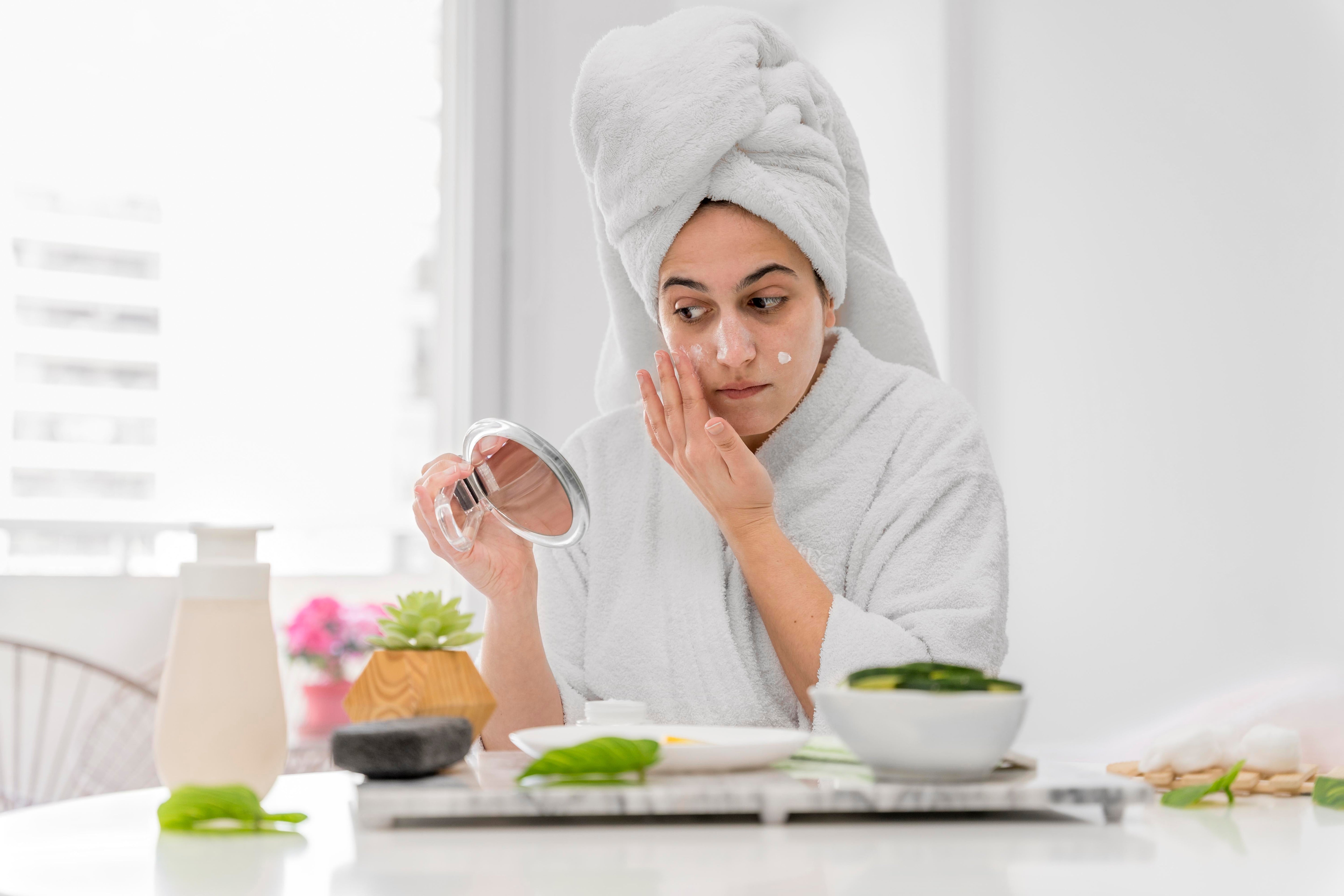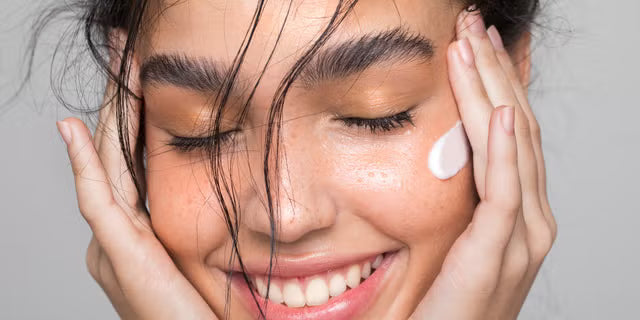
How Sunscreen Protects Your Skin from UV Damage
We all apply sunscreen to protect our skin from the harmful radiation of the sun, but we do not know exactly how sunscreen works on the skin. This article covers, in simpler terms on “How Sunscreen Protects our Skin from UV Damage” so that you can have the complete guidance on how to apply it and other information. Stay tuned to get the crisp and clear information about the role of sunscreen in protecting our skin from environmental conditions and UV rays.
What do we mean by UV rays?
Ultraviolet light, a form of electromagnetic radiation, has a wavelength of 10–400 nm, which is longer than X-rays but shorter than visible light. They make up 10% of the sun's total brightness and are found in sunshine. These radiations are dangerous, and skin damage can result from continuous exposure.
UVA and UVB rays from the sun
In sunlight, there are numerous varieties of rays. Ultraviolet (UV) rays are the ones that harm our skin the most. Two radiations that reach the weather are UVA nd UVB. Sunburn is caused by ultraviolet B radiation. UVA photons are more deeply absorbed by the skin and are more responsible for wrinkles and other early signs of ageing. Both of these radiations can harm the skin, so it is equally important to protect the skin by applying good-quality sunscreen.
The main benefits of using sunscreen and how it protects the skin
- By preventing the absorption of UVB radiation, it shields the skin from burning.
- UVA rays are dangerous because they can damage the skin's ability to produce collagen, which can create wrinkles, fine lines, hyperpigmentation, and the premature ageing process.
- Using regular sunscreen also reduces the risk of skin diseases like cancer or other conditions.
- You may prevent summer tanning and lessen dark patches by using sunscreen every day. It produces clean, healthy skin and lessens uneven skin tone.
- Compounds in high-quality sunscreens can shield the skin from damaging radiation.
- Certain compounds also reflect the sun's rays that fall on the skin, providing a complete shield to the skin.
Let us understand SPF
To protect the skin from the sun, you need a good quality, high SPF cream. The highest SPF sunscreen is advised since it protects the skin by blocking more UVA radiation. When you apply sunscreen, it helps you to stay in the sun for a longer duration of time without getting skin damage.. It's important to remember that no sunscreen can completely prevent UVA radiation. Because they block more rays than others, sunscreens with a higher SPF are preferable to those with a lower SPF.

When should I use sunscreen, and how should I apply it correctly?
- It must be used in the sun days and should be applied over the exposed skin. You can go for high SPF sunscreen.
- The best time to apply the sunscreen is during the morning when you are leaving your house and going into the sun.
- To be safe when you're outside, reapply sunscreen every two hours and immediately after swimming or perspiring.
- Some sunscreens are also applicable in water and do not fade away. Since water reflects and intensifies the sun's rays, children need protection that lasts.
- Applying a moisturiser and leaving it on for five to seven minutes is an option after completely cleaning your skin with a cleanser. Afterwards, apply sunscreen over the moisturizer.
Let’s conclude
The best choice for having healthy, youthful-looking skin is to incorporate sunscreen into your everyday skincare routine. Wearing sunscreen is required, whether it's sunny or cloudy, if you reside in a region with high electromagnetic radiation levels or go outside. You should make it a habit to use sunscreen every day in order to achieve the desired outcomes and maintain youthful, healthy, and glossy skin. Purchase sunscreens that are composed of natural substances rather than dangerous chemicals that could hurt your skin. You should form this one habit if you want your skin to appear healthy, youthful, and sharp in your 20s, 30s, 40s, and beyond.
Frequently asked questions
Question 1. In what ways does sunscreen shield the skin from ultraviolet light?
Answer. It primarily protects the skin by deflecting UV rays that strike it. Additionally, some of the chemicals in sunscreen can absorb this dangerous radiation and release it as heat.
Question 2. How often should we apply sunscreen?
Answer. It will depend on how long you are going to stay in the direct sunlight. It is recommended that you reapply sunscreen after every3-4 hours to provide complete protection.
Question 3. What is meant by SPF?
Answer. The sun protection factor is known as SPF. The skin will be better protected if the SPF value is higher. Use a high concentration of SPF in the sunscreen.
Question 4. Should I also wear sunscreen on overcast days?
Answer. Yes, it should be worn in every weather. It is mandatory in sunny and cloudy weather when the sun is limited.








